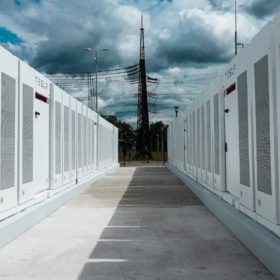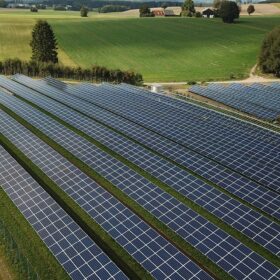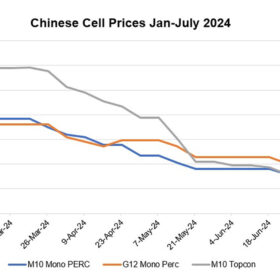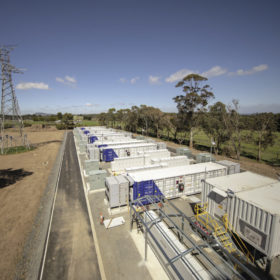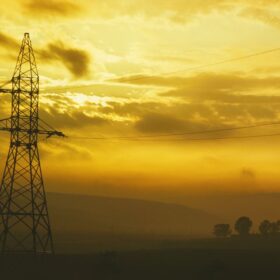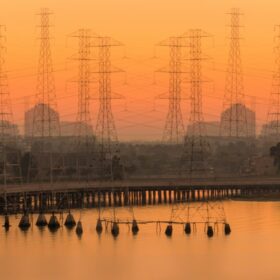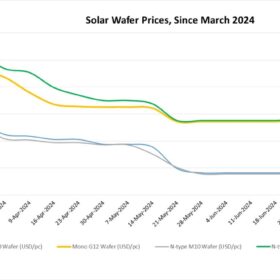Global battery market crisis: Will SECI benefit as oversupply sparks industry chaos?
The global battery glut is likely to influence the price discovery of Solar Energy Corp. of India’s tender for 2 GW solar with 1 GW/4 GWh energy storage system, writes Ali Imran Naqvi, executive director (ED), Gensol Engineering Ltd.
Advancing renewable energy through technological innovation and digitalization
To accelerate the adoption of technological innovation and digitalization in the renewable energy sector, concerted efforts are needed from policymakers, industry leaders, and technologists alike. Governments can create supportive policy environments, invest in research and development by providing incentives, at the same time supporting early-stage companies by creating favorable regulatory environments to fostering public-private partnerships.
Chinese solar cell prices fall amid oversupply
In a new weekly update for pv magazine, OPIS, a Dow Jones company, provides a quick look at the main price trends in the global PV industry.
Powering India’s renewable future: The pivotal role of battery energy storage systems
Samrath Singh Kochar, founder and CEO, Trontek, talks about enabling renewable integration and grid stability through advanced energy storage solutions.
Hail risk may bring financial instability to solar projects
To ensure sustainability and financial viability, the solar industry needs a critical reevaluation and enhancement of both technical protective measures and financial risk management practices for solar installations in hail-prone regions.
Can the grid cope with the surge in electricity demand?
The grid needs to modernize to meet a booming demand for electricity, which is only predicted to grow even further in coming years. IEC Standards are key to help with the transition.
Future-proofing utilities: Strategies for navigating technological disruption in India
The adoption of smart technologies is reshaping the utilities industry, with a particular focus on smart grids. Smart grids leverage advanced sensors, Internet of Things (IoT) devices, and real-time data analytics to transform how electricity is generated, distributed, and consumed.
Reactive power management key to advancing grid stability
In its latest monthly column for pv magazine, IEA-PVPS provides a comprehensive overview of the state-of-the-art practices, best practices, and recommendations for managing reactive power amidst the growing integration of distributed energy resources (DERs). The article describes the regulatory frameworks and practical applications, underscoring the essential role of reactive power management in maintaining a stable and efficient power grid.
Wafer prices near bottom, size evolution and capacity globalization continue
In a new weekly update for pv magazine, OPIS, a Dow Jones company, provides a quick look at the main price trends in the global PV industry.
How renewable energy is leading the fight for nature conservation
Even though fossil fuels still dominate global energy production at present, the movement for a changeover to cleaner forms of energy is building up. Renewables presently provide some 29 percent of all electricity generated; a figure bound to enormously rise in the next few years.
